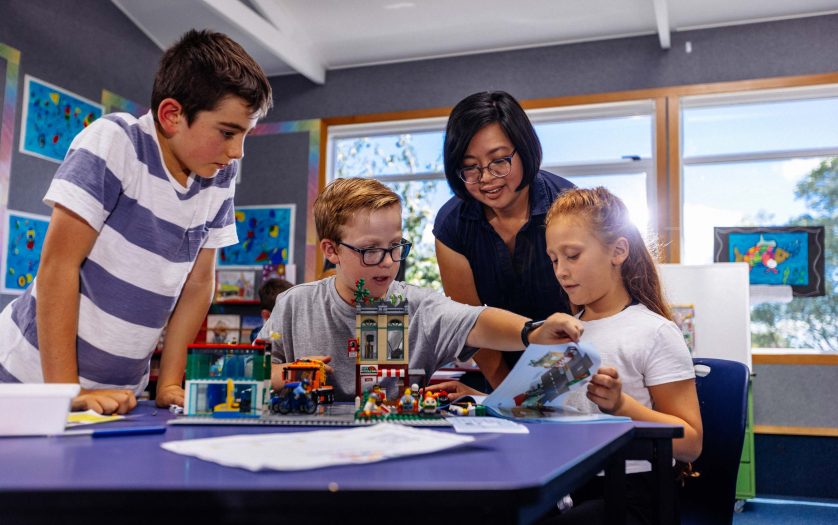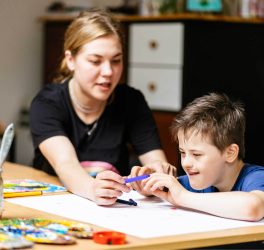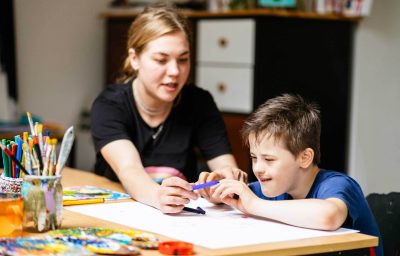
The LEGO Foundation has launched a new Accelerator grant: an equity free funding and fixed term mentorship programme for social enterprises, ventures and organisations who wish to support children with autism and ADHD with play-based learning.
“When neurodivergent children are understood, valued, and empowered, everyone benefits from their important, and often, extraordinary contributions,” remarks Dr. Maureen Dunne, Senior Advisor and Special Educational Needs and Disability Expert for the Play for All Accelerator.
“Neurodivergent inventors, scientists, and artists have reshaped entire industries. I am thrilled that the LEGO Foundation has committed to investing in reimagining the world of play and learning so that innovators, specialists, and those with lived experience, together, can build a future that supports the full participation of neurodivergent children in society.”
It is widely acknowledged that neurodiversity resources and support services have been underfunded worldwide and education solutions and innovation are lacking. To date, investment has largely focused on furthering the understanding of causes and diagnosis, and education-technology is mostly adapted to, not developed for, neurodivergent children. This has created a funding gap between scientific research and innovation, meaning that investment does not address some of the most critical and basic needs of neurodivergent children. Further investment is needed to encourage innovators to build products, services and platforms that elevate each neurodivergent child and the families and schools that support them. As such, the Play for All Accelerator hopes to uncover, inspire and scale innovations that can help close this gap, tackle a lack of playful learning experiences in schools, homes and communities and provide all children an equal opportunity to exercise the skills needed to thrive in the 21st century.
“We believe that more neurodivergent children should experience the power of believing ‘I can,’ says Anne-Birgitte Albrectsen, CEO of the LEGO Foundation. “By opening the Play for All Accelerator to organisations located anywhere in the world, those who benefit can become catalysts for future innovations. By working with partners, we aim to raise awareness, understanding and acceptance of neurodiversity and challenge the stigma of diagnoses around the world. Ultimately, play helps children find and hone their strengths giving them the best chance possible to make friends, study in school and set themselves up to thrive in life”.
How it works
The Play for All Accelerator, for which the first cohort of organisations is ready to launch in April 2022, will provide up to USD$20million of funding to 25 social ventures, organisations and/or social enterprises from around the world. The inaugural programme runs until February 2023 and will see participants progress through a three-phased selection process, with funding, mentorship and learning through play expertise provided at each stage. To progress to stage 2, organisations will be required to pitch to a panel, including the LEGO Foundation, venture capital experts and paid neurodivergent advisors and children. 12 successful candidates will progress to the final application stage where ideas will be tested, and plans finalised. Depending on results, a maximum of five organisations will become long term partners of the LEGO Foundation; receiving funds to scale their ideas and innovation and generate evidence to benefit more neurodivergent children around the world. The LEGO Foundation encourages social enterprises, ventures and organisations with an existing focus, or aim to expand into more inclusive products/services for neurodivergent children, to register interest to join the next cohort via their website.
More details on the Play for All Accelerator and how to register for future cohorts, can be found at https://learningthroughplay.com/play-for-all






